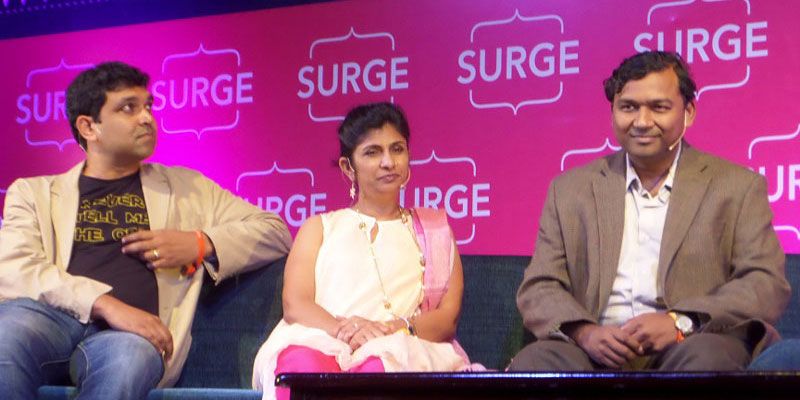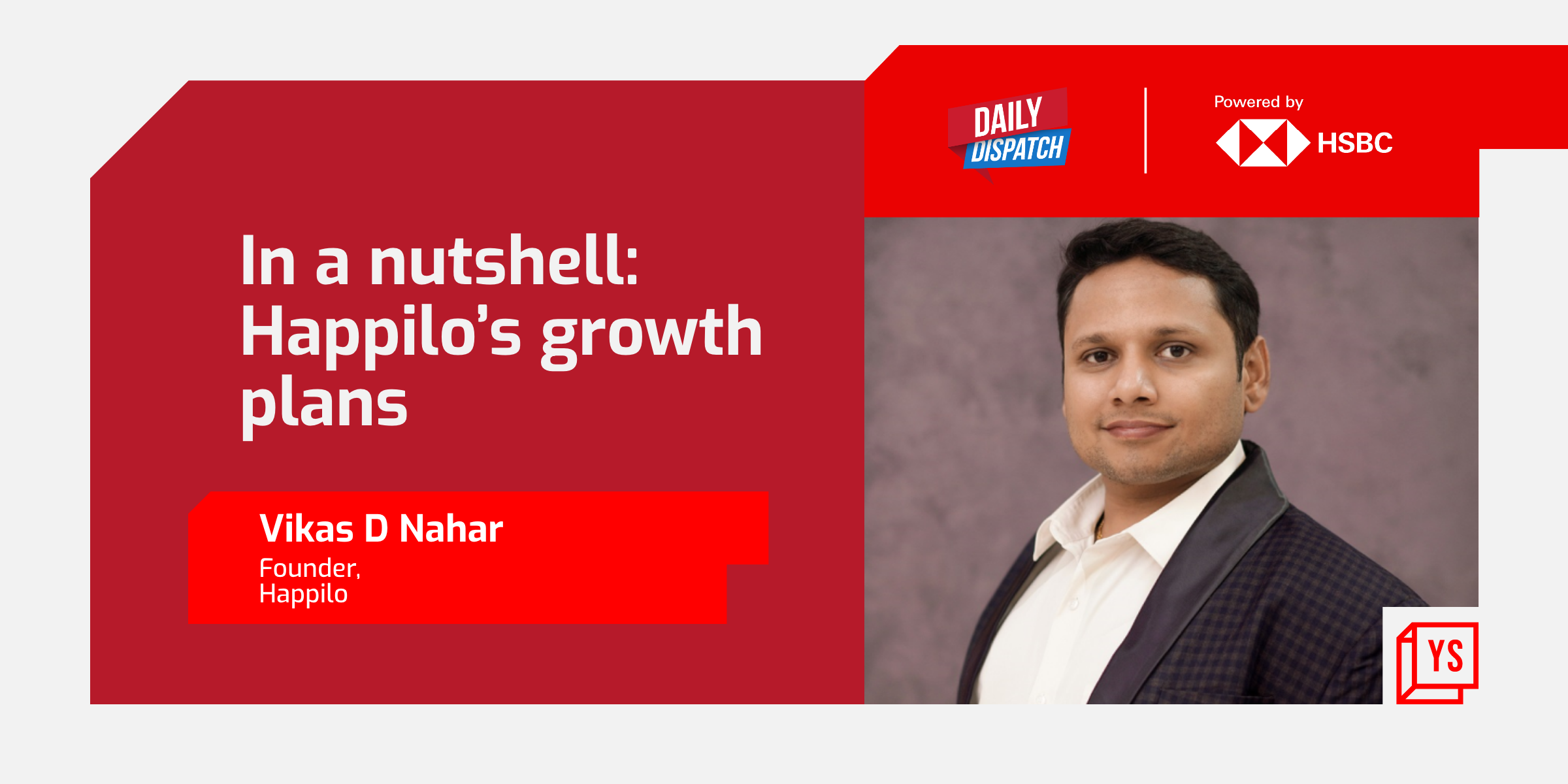Let the vision emerge – and make it the anchor: 10 startup insights from SURGE 2016
With three parallel tracks spread over two days, it was a delightful challenge to stay on top of all the expert insights at the SURGE 2016 conference held in Bangalore this week. The event was held by the organisers of Web Summit, regarded as one of the world’s biggest tech and startup gatherings.
Here are some of my key takeaways on founder tips from the panels I moderated, and some of the other sessions and fireside chats. (See also YourStory’s coverage of Twitter’s mobile development platform Fabric, the launch of Ather Energy’s smart electric scooter, and startup photo-showcases from Day I and Day II.)
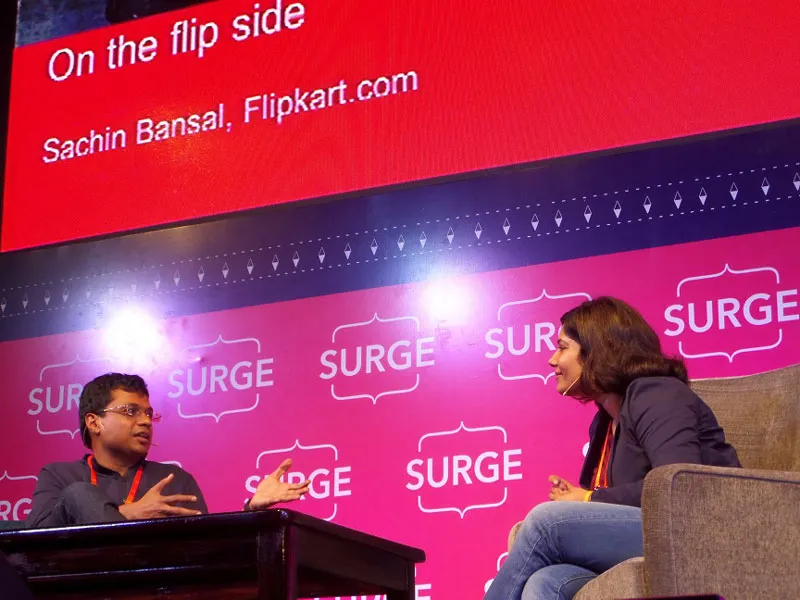
- Let the vision emerge – and make it the anchor
You may not always be able to come up with a Grand Plan to change the world right from the beginning - but if you devote yourself to solving a problem, the vision will emerge, and it can become your guiding light. FlipKart co-founder Sachin Bansal recalled how their vision to transform e-commerce in India emerged only gradually after their initial foray into selling books online. “Happiness is solving problems,” he said. “The anchor is the big picture,” he added.
- Become a problem spotter – and solver
Aspiring entrepreneurs should not just look for jobs and be told what to do – they should be able to latch on to problems crying out for a solution. “Any drive through Bangalore will show you 20 new customer problems to solve,” said Karthik Reddy, Managing Partner, Blume Ventures. “There are lots of ready low-hanging fruit for entrepreneurs to solve in India,” added Shekhar Kirani, Partner, Accel Partners.
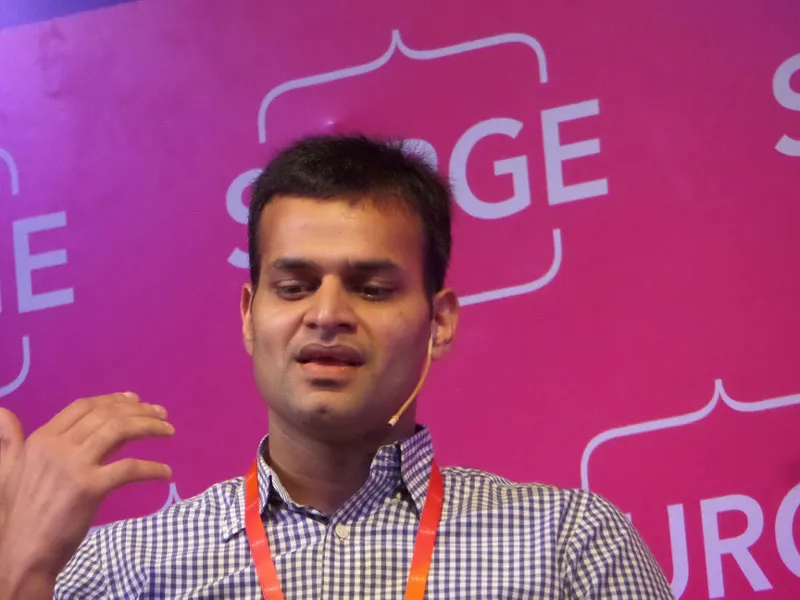
- Trust in data
Even the best marketers may not be able to make accurate recommendations for cross-selling and up-selling. “Guess what is the most common thing people buy online after a motorcycle helmet?” asked Rohit Bansal, co-founder, Snapdeal. The audience replied: gloves, boots, jackets, sunglasses, and the like. Rohit’s answer surprised everyone: Bluetooth headsets (in hindsight everyone would agree with this, of course!). This insight came only from extracting data patterns from e-commerce transactions, revealing the importance of Big Data. “Use extreme objectivity in decision making,” advised Rohit.
- Build a great customer experience
Clarity, simplicity, communication, care and delight are five key components of a great customer experience. Customers should experience delight right from search and discovery to transaction and delivery, advised Navneet Kapoor, President and Managing Director, Target Corporation India. “Make sure you do not hound customers incessantly, but make things simple for them,” said Anisha Motwani, author of ‘Storm the Norm.’ In a social media centric world, customer stories are becoming more important than expert stories, explained Vikram Ahuja, Founder, Byond Travel.
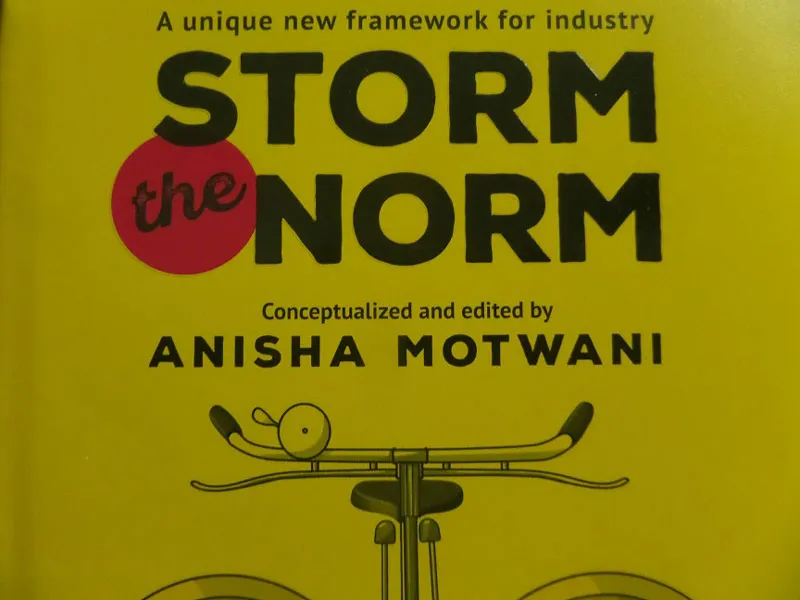
Customer delight comes from product quality and not just discounts. “Decide if your product should be just good enough or of top quality,” said Pete Lau, CEO, OnePlus. Discounts should be used only in an intelligent and sustainable manner. “Discounts should be strategic, targeted and meaningful,” advised Greg Moran, co-founder, Zoomcar.
- Move from aggregation to integration
Platforms and marketplaces are all the rage these days for startup ventures. “Adding ten plumbers and ten carpenters on your site does not make you a startup,” said Abhiraj Bhal, co-founder, UrbanClap. There should be deep integration, and a synergistic blend of offline and online customer experiences. This will be particularly challenging in India due to the inconsistent levels of service quality, and highly-demanding price-conscious customers.

- Look to the future and outside
“Funding can be the force multiplier for a startup,” said Sachin Bansal of FlipKart. If you are pitching to a venture capital firm, you should have a sense of the future market outlook, and decide how you can expand to other emerging economies, mature markets, or both.
“Bet on something three years out, not on today,” advised Karthik Reddy of Blume Ventures. “I am seeing global and enterprise plays out of India picking up,” added Shekhar Kirani of Accel Partners.
- Be judicious in dealing with VCs
“Be judicious in how much money you raise, when, and how often,” advised Vani Kola, Managing Director, Kalaari Capital. “Expectations of all stakeholders can change with every every round of investment,” cautioned Karthik Reddy of Blume Ventures. He also advised founders to do their own checks and assessments of VCs, as firms and individually.
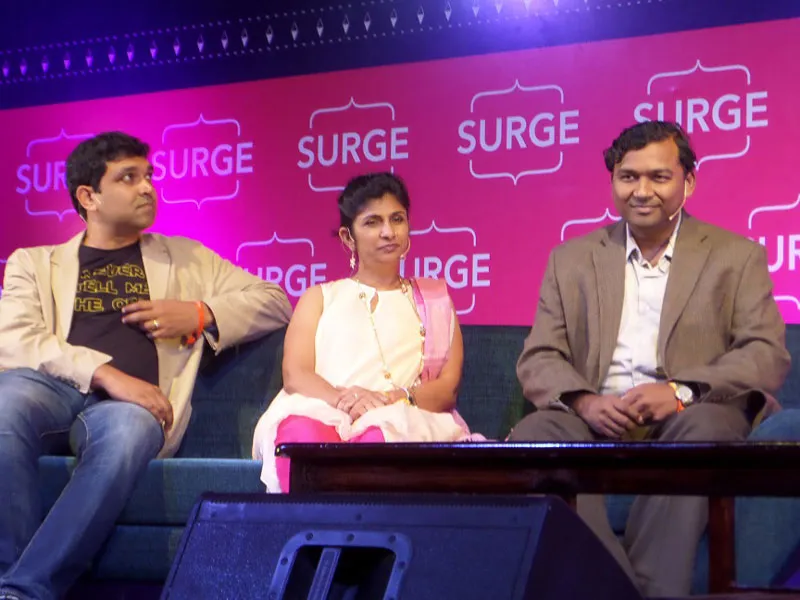
- A culture of feedback
A culture of curiosity, feedback, debate and constructive criticism helps a startup stay the course and continually innovate. “Give autonomy to your employees. eKart Logistics was started by an IIM Bangalore intern,” explained Sachin Bansal of Flipkart. “Always read critical reports about you, not the positive PR,” he added.
- Get ready for the ultra-marathon
The entrepreneurial journey is often compared to a marathon and not a sprint. “It’s actually an ultra-marathon,” said Rohit Bansal of Snapdeal. “As a founder, you never switch off,” said Sachin Bansal of FlipKart. Having a co-founder helps – it can get lonely at the top during the long journey of entrepreneurship, he advised. One must always learn on the go; the FlipKart founders had a background only in computer engineering, and picked up 99 per cent of their knowledge along their journey.
Passion and process will be needed in equal measure. “If you are passionate about your idea, effort comes naturally,” said Kunal Kapoor, co-founder of crowdfunding site Ketto. “Learn how to scale your startup because competition will be brutal,” cautioned Radha Basu, CEO, iMerit; solid systems will need to be put in place, even though that may not sound exciting.
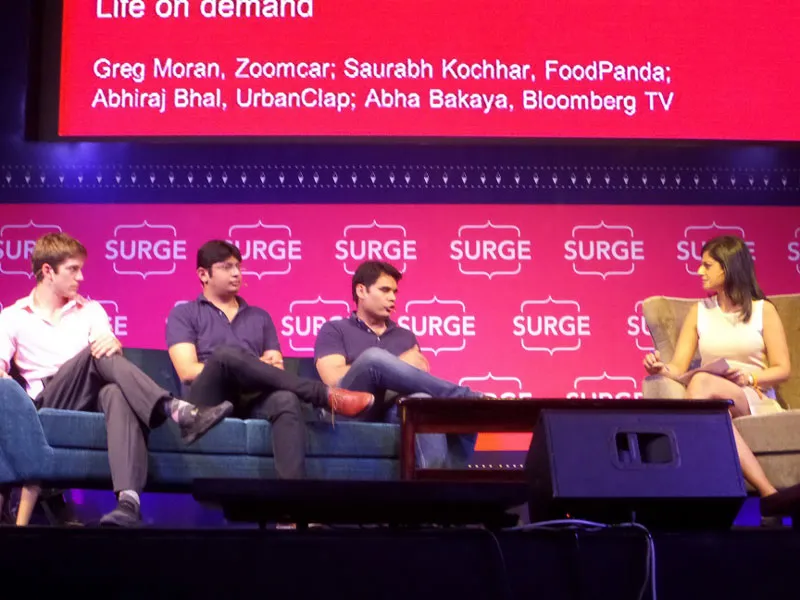
- The next digital boom in India
Much attention focuses on the ‘numbers’ of India’s digital growth, eg. its billion mobile subscribers. But this digital wave drives new ways of unlocking value in entrepreneurship, services and creative content. “The digital world is borderless, and a range of global companies is tapping India’s entrepreneurial talent,” added Lalit Ahuja, CEO, ANSR Consulting. “Japan and Korea are leaders in exporting their comics – we are working on creating global Indian comic brands,” said Sharad Devarajan, CEO, Graphic India.
“The early IT wave delivered jobs to people in cities like Bangalore and Chennai, but the new digital wave will bring services employment to people in smaller cities and towns as well,” said Radha Basu of iMerit. She ended with a provocative question for the audience: “The Fortune 500 companies have served about a billion consumers in the world – what can you entrepreneurs to do bring in the next billions of consumers around the world?”






